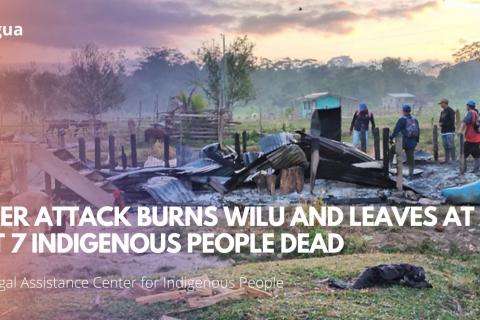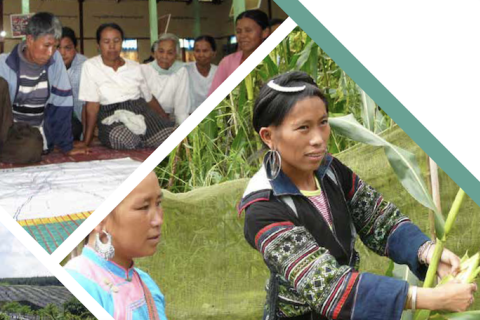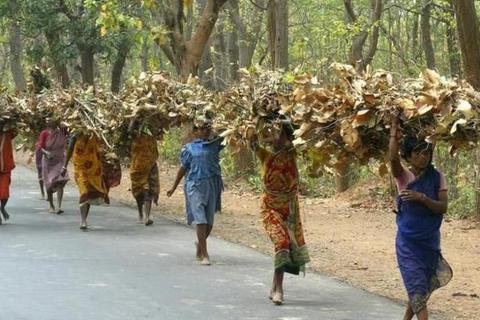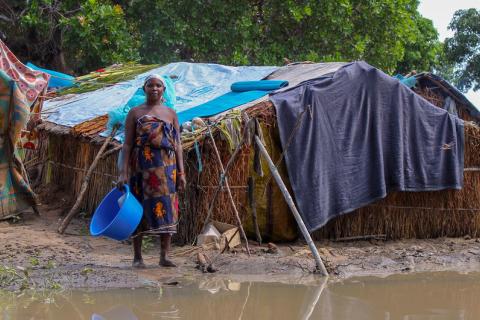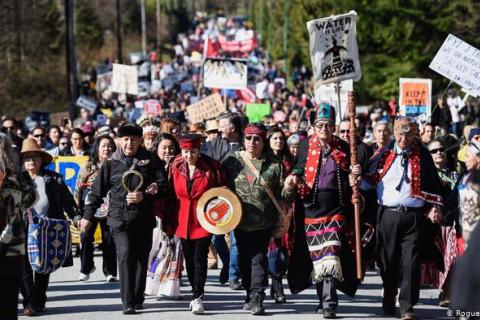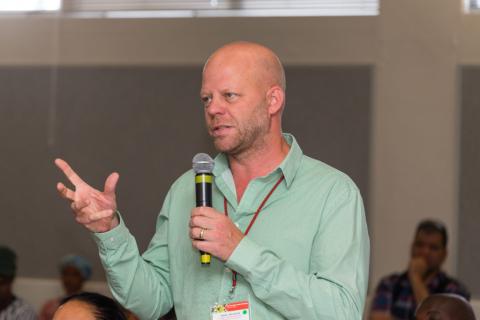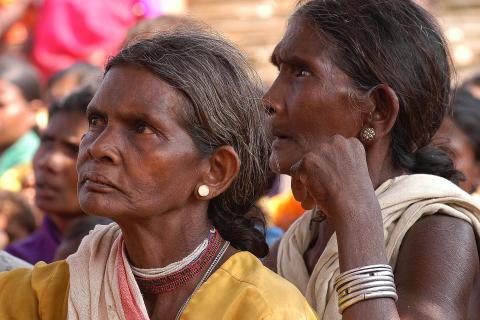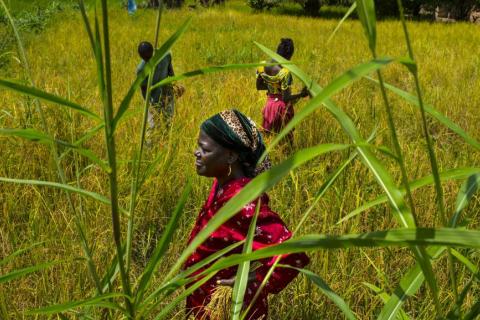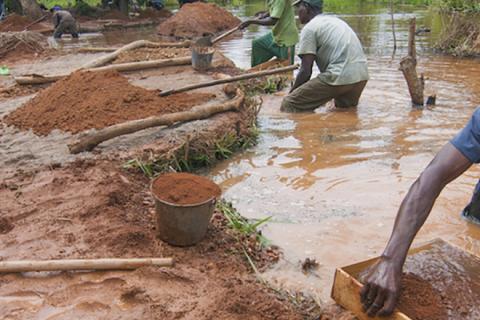SETTLER ATTACK BURNS WILU AND LEAVES AT LEAST 7 INDIGENOUS PEOPLE DEAD
CALPI received information that the community of Wilú has been attacked by settlers on March 11, 2023 and that on March 10, 2023, three Mayangna community members and two children members of the Mískitu indigenous people were kidnapped; the kidnapped people were on their way from the community of Musawás to the community of Betlehem in the Mayangna Sauni As territory, in the Bosawás Biosphere Reserve, within the Autonomous Region of the Northern Caribbean Coast of Nicaragua.

